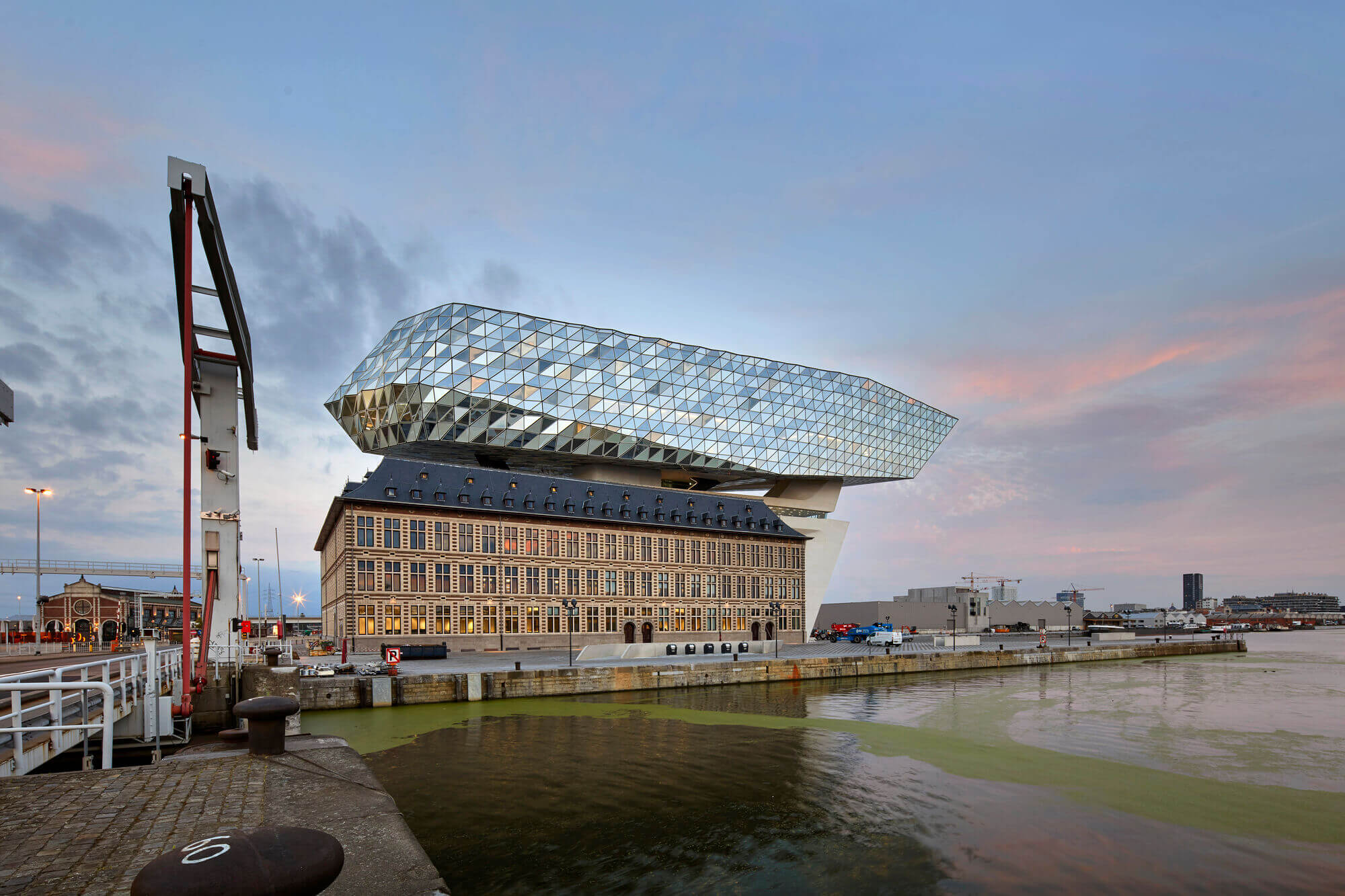Introduction
Pressure washers are powerful tools that can transform grimy surfaces into spotless ones in a matter of minutes. While they’re fantastic tools for cleaning and maintenance, they can also pose risks if not used right. Let’s dive into the nitty-gritty of when and where you shouldn’t be using your trusty pressure washer.
Understanding Pressure Washers
First off, let’s clear the air about what a pressure washer is. These machines pump out water at high pressure to clean surfaces. Now, you might’ve heard of power washers too. While they’re similar, power washers use heated water, making them a tad more aggressive. Both are great, but knowing which one to use is key.
Items and Surfaces to Avoid with a Pressure Washer
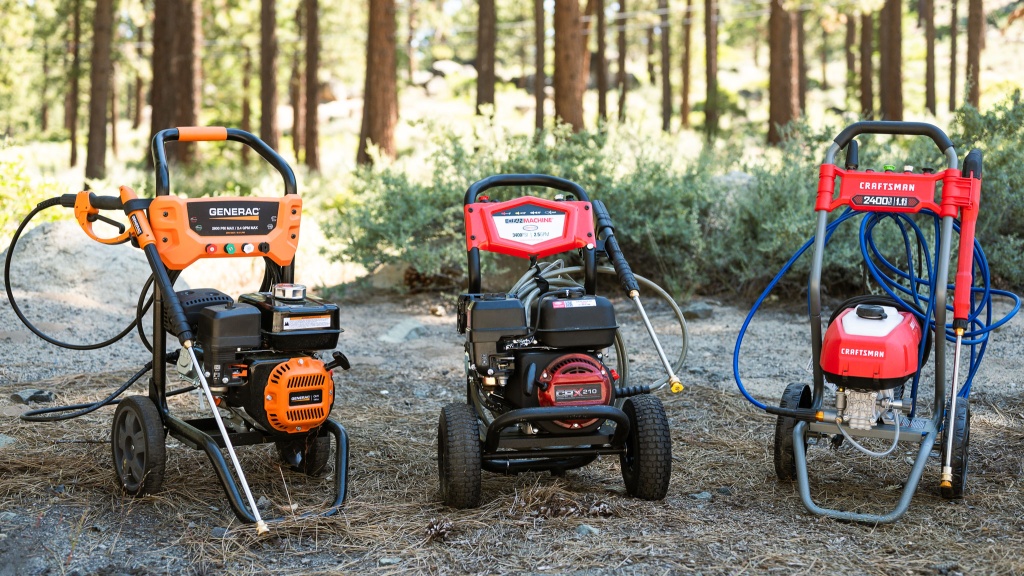
source: pinterest.com
Alright, let’s dive deeper into the specifics of what you shouldn’t pressure wash:
Windows: Windows, especially the older ones, are not designed to handle the force of a pressure washer. Using one can lead to cracks, breaks, or even shattering. Moreover, the high pressure can compromise the sealing, leading to unwanted leaks and drafts. Always opt for gentler methods when cleaning windows.
Electrical Panels and Meters: Mixing water with electricity is a recipe for disaster. Pressure washing electrical panels or meters can lead to short circuits, system failures, or even fires. It’s not just about damaging the equipment; it’s a severe safety hazard. Always keep water away from electrical components.
Air Conditioners: AC units have intricate internal components, many of which are not meant to be exposed to water, let alone high-pressure water. Pressure washing can damage the coils, electrical components, and more, leading to reduced efficiency or complete system failure.
Asphalt Shingles: These shingles have protective granules that shield them from the sun and weather elements. Pressure washing can strip these granules away, drastically reducing the shingle’s lifespan and effectiveness. It’s best to use gentler methods to clean your roof.
Old Mortar or Brick: Historic buildings with old mortar or brick can be particularly vulnerable. The high pressure can erode the mortar or even chip away at the brick. It’s essential to be extra gentle and perhaps consult with a restoration expert before cleaning such structures.
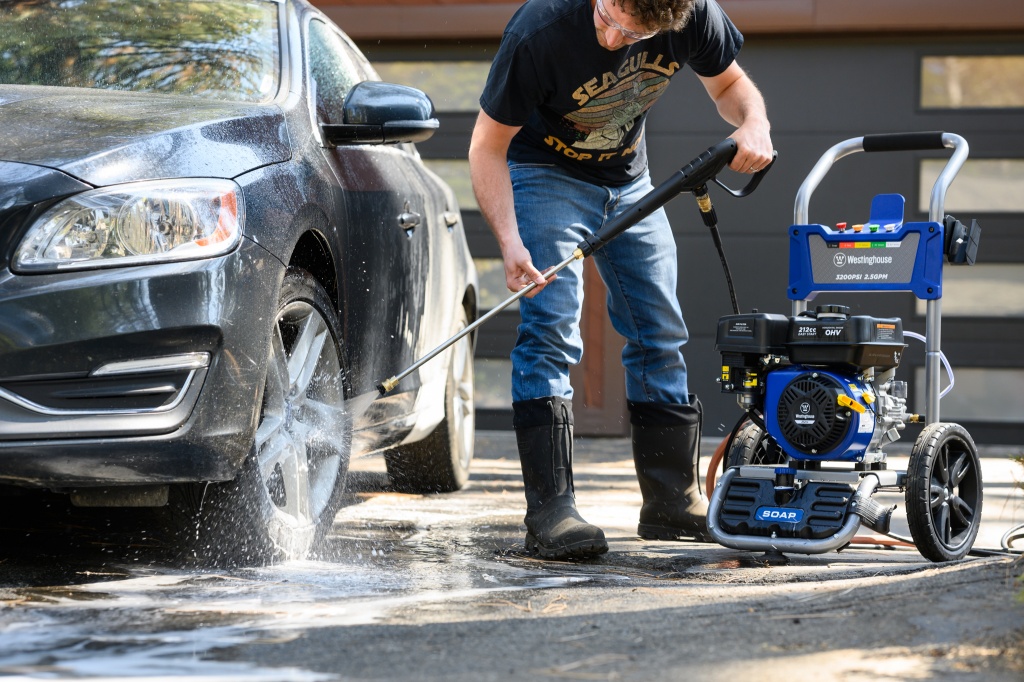
source: rico.in
Vehicles: While many people use pressure washers to clean their cars, it’s crucial to be cautious, especially with older vehicles or those with existing damage. The high pressure can exacerbate chips, dents, or rust spots. Plus, water can find its way into places it shouldn’t, leading to internal damage.
Painted Surfaces: Whether it’s the exterior of your home, a fence, or any other painted surface, pressure washers can strip the paint right off, especially if it’s already chipping or peeling. Always test a small, inconspicuous area first or opt for a gentler cleaning method.
Pools: While it might seem like a good idea to pressure wash a pool, it can damage the lining or even the pool’s structural integrity. Additionally, if you’re using any chemicals, they can upset the pool’s chemical balance, leading to a host of other problems.
Fiber Cement Siding: This type of siding is durable, but it’s not immune to the forces of a pressure washer. The high pressure can cause it to warp, crack, or even break in places. Always follow the manufacturer’s guidelines when cleaning fiber cement siding.
Patio Shades: These are typically made of fabrics or materials that aren’t designed to handle the force of a pressure washer. They can tear, fray, or get damaged, leaving you without the shade you rely on during those sunny days.
Living Things: It might sound obvious, but it’s worth stating: never use a pressure washer on pets, plants, or people. The force can cause serious injuries to living things. Always ensure the safety of everyone around when using the equipment.
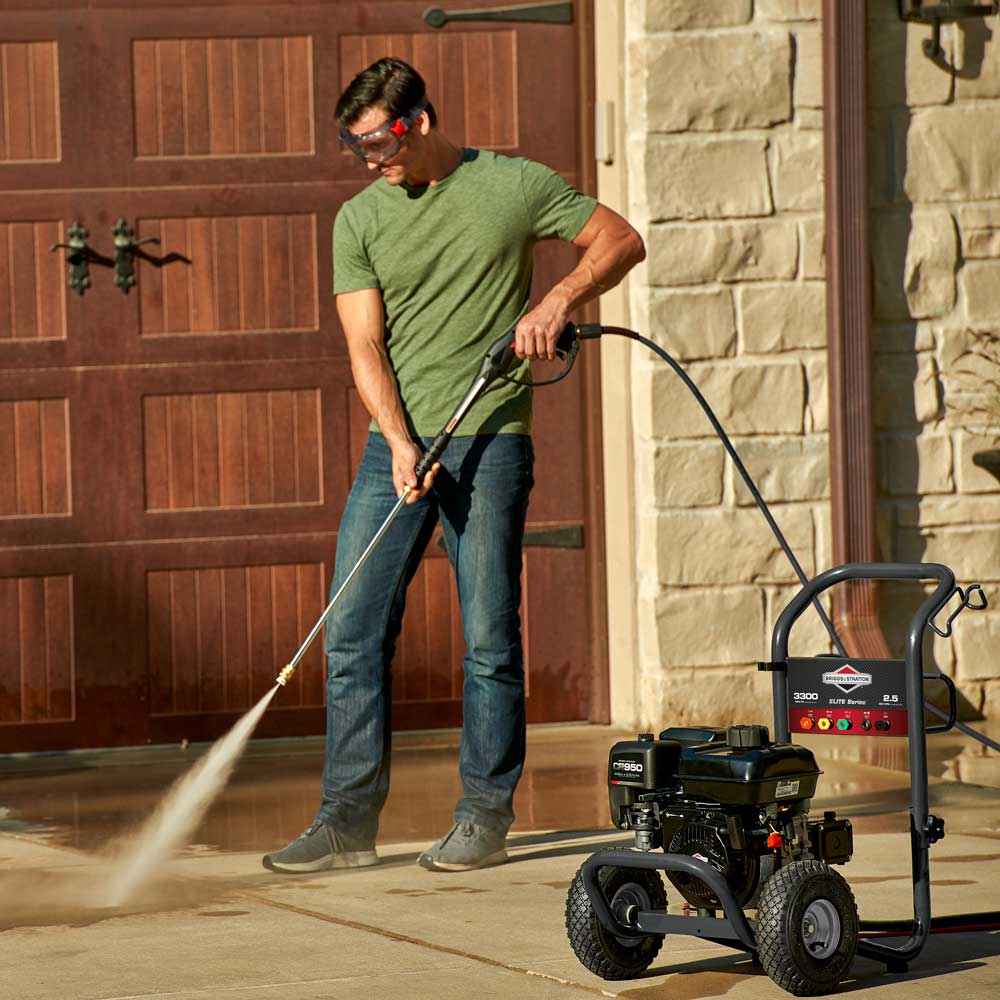
source: briggsandstratton.com
Outdoor Light Fixtures: Just like electrical panels, outdoor light fixtures and their connections are not meant to be exposed to water. Pressure washing can lead to electrical hazards, malfunctions, or even break the fixtures.
Other Surfaces: Some materials are just too delicate for pressure washing. This includes certain electronics, soft woods that can easily splinter or warp, and specific sidings that can be damaged. Always do your research and, when in doubt, test a small area or consult with a professional like Full Color Cleaners, known for their top-notch pressure washing in Austin TX.
Considerations for Pressure Washing Timing
Timing is everything. Here are some things to keep in mind:
- Noise for Neighbors: No one likes being woken up by the sound of a pressure washer. Be considerate of your neighbors.
- Visibility: Washing during dusk or nighttime can be risky. You need to see what you’re doing clearly.
- Weather Conditions: Extremely cold or hot temperatures can affect your washing efficiency and safety.
Potential Damages to Infrastructure
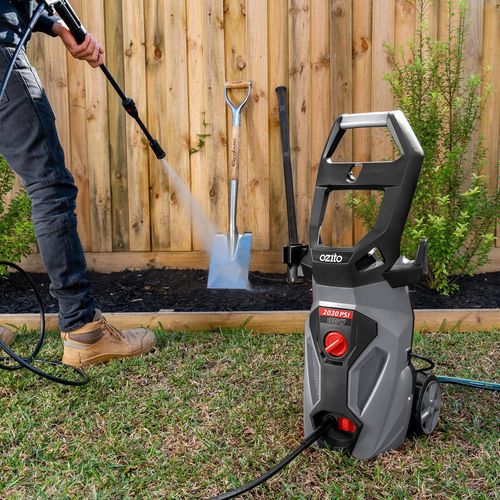
source: pinterest.com
- Concrete: Yes, you can damage concrete by power washing. Eroding the surface or causing cracks is a real possibility. Always use the right nozzle and settings.
- Your House: Beyond just windows, you risk damaging sidings and paint. There’s also the danger of water infiltration leading to mold growth. Always maintain a safe distance and angle.
Safety Concerns and Hazards
Safety first, always:
- Physical Injuries: The high-pressure streams can cause injuries. Never point them at someone.
- Electric Shocks: Especially with electric pressure washers. Always be cautious.
- Chemicals: Some cleaning solutions can be harmful. Make sure you’re protected.
- Slips: Wet surfaces can be slippery. Watch your step!
Conclusion
Pressure washers are fantastic tools, but like all tools, they need to be used with care and knowledge. Always refer to the manufacturer’s guidelines and, when in doubt, seek advice from professionals. Remember, it’s always better to be safe than sorry.


